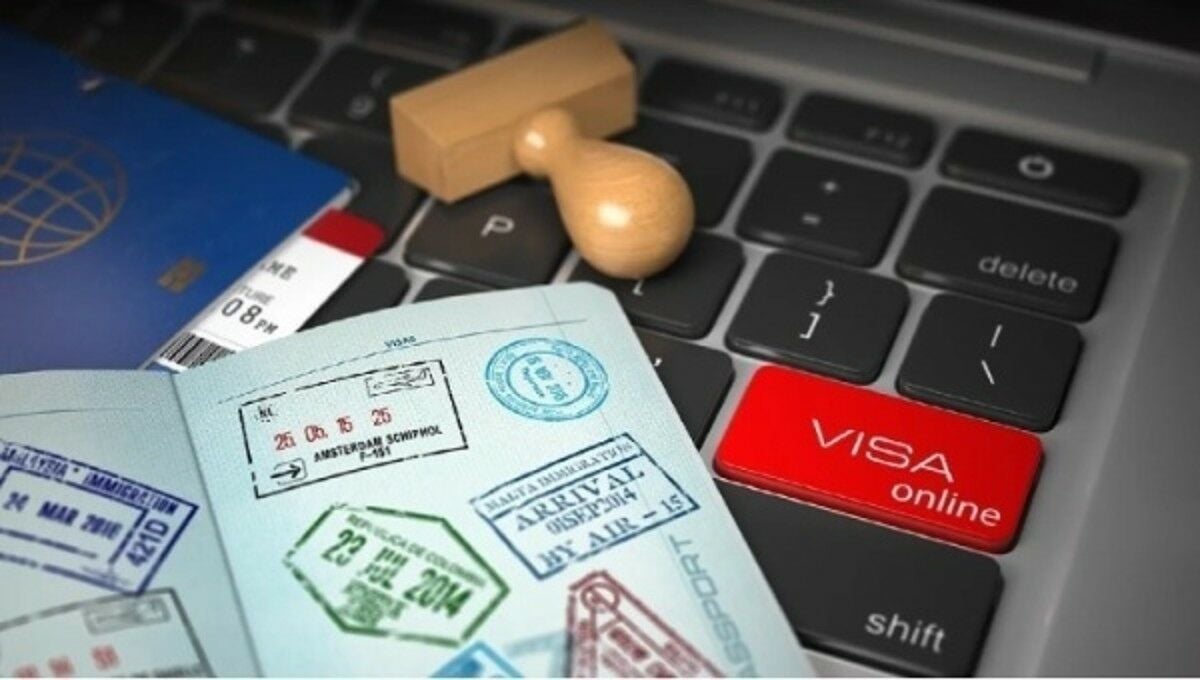Nomad’s land: TAT’s Destination Thailand Visa leaves embassies in fog

Despite the Tourism Authority of Thailand (TAT) pushing the Destination Thailand Visa (DTV) as a boon for digital nomads, the Pattaya Mail has discovered a troubling lack of clarity among Thai embassies.
This long-stay visa, designed for remote workers and freelancers wishing to reside in Thailand, is meant to be straightforward, but many embassies are failing to provide adequate guidance to applicants.
The DTV, also known as the digital nomad visa, offers several perks including multiple entries over five years, the ability to stay up to 180 days at a time with a possible extension, and the option to work remotely for foreign employers. It also allows applicants to bring their spouse and children under 20.
However, the Pattaya Mail reported that only the Thai embassy in Kuala Lumpur appears to be fully informed about the DTV. This embassy’s checklist, though detailed, includes additional requirements beyond the TAT’s original guidelines.
For instance, applicants are asked to provide proof of a Thai property lease for six months, an authenticated employment contract or business licence, and bank statements showing a balance of at least 500,000 baht (about US$14,000).
Other embassies, such as those in Laos and Sri Lanka, have only provided vague information and registration fees, while larger missions in Washington DC and London offer basic guidelines but hint at possible additional requirements. The Thai embassy in Cambodia is reportedly waiting for system updates before it can process DTV applications.
Kenyon also highlighted that the procedure for cultural activities like learning Thai or Muay Thai is evolving, requiring proof of acceptance from a registered Thai institution. With the base cost of the DTV set at 10,000 baht plus additional embassy surcharges, and a non-refundable fee, potential applicants should be prepared for a potentially confusing process, reported The Nation.
In related news, new visa regulations issued by Thailand’s Ministry of Foreign Affairs have made it significantly easier to visit and stay in the country long-term. The number of countries eligible for visa-free entry has increased from 57 to 93, now including India and China.
Latest Thailand News
Follow The Thaiger on Google News:


























